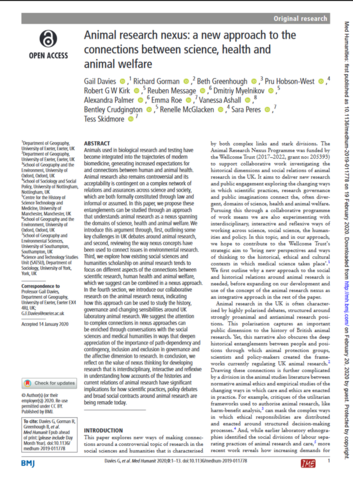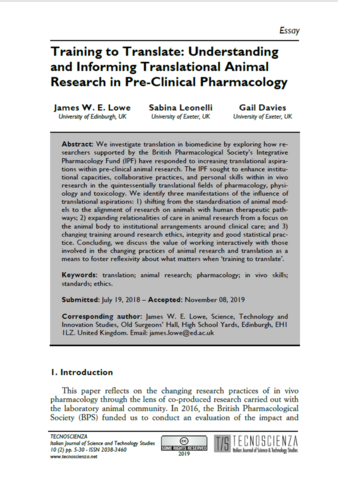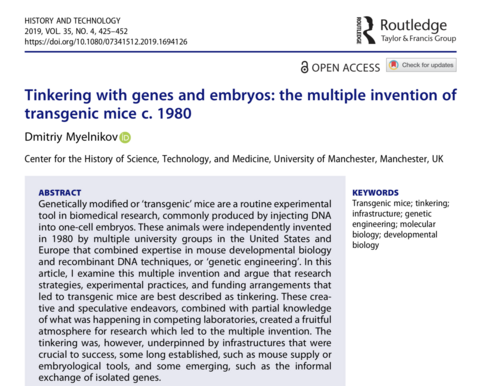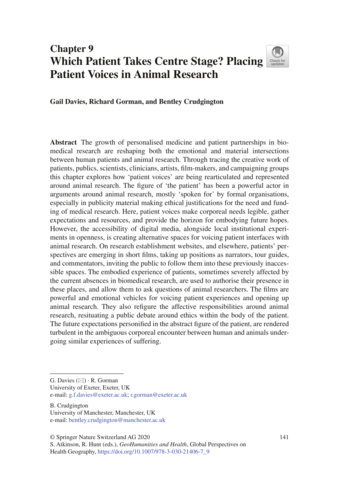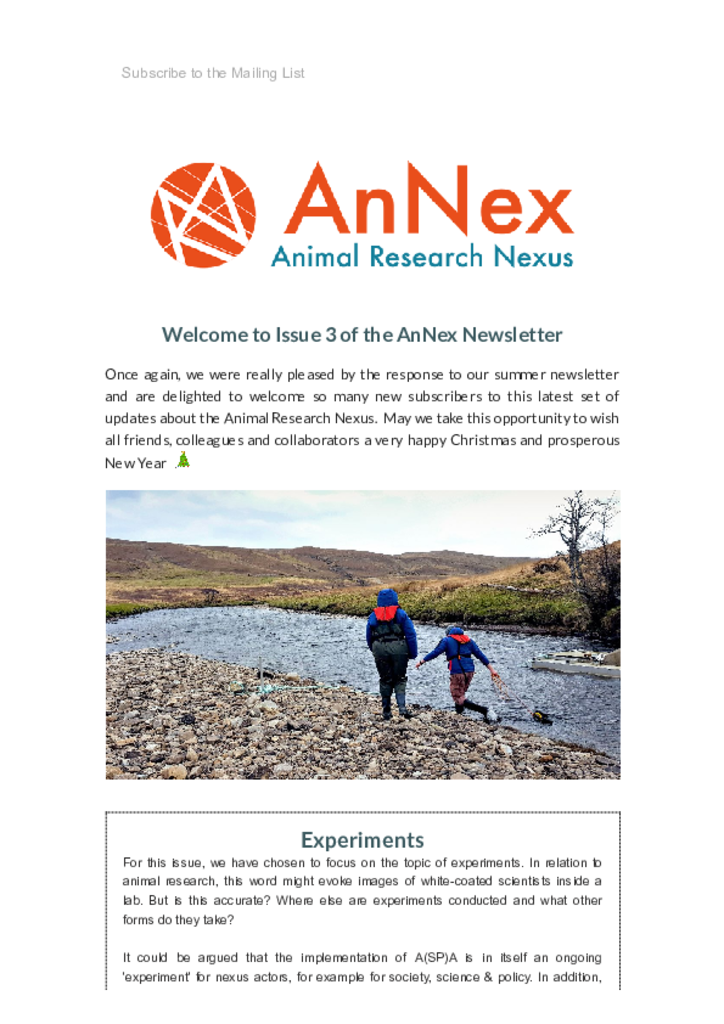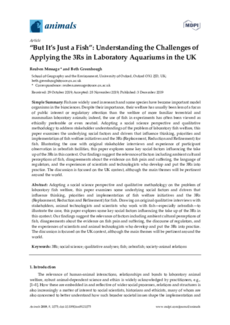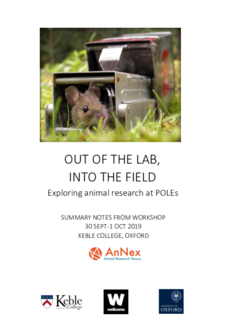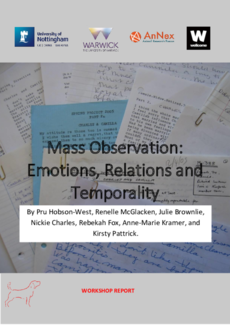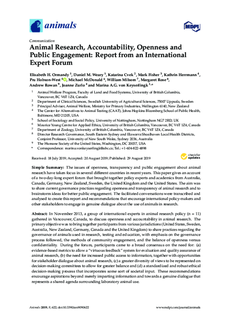Publications
Animal research is contingent on a complex network of relations and assurances across science and society, which are both formally constituted through law and informal or assumed. In this paper, we propose these entanglements can be studied through an approach that understands animal research as a nexus spanning the domains of science, health and animal welfare.
In this paper, in Tecnoscienza, we investigate translation in biomedicine by exploring how researchers supported by the British Pharmacological Society’s Integrative Pharmacology Fund (IPF) have responded to increasing translational aspirations within pre-clinical animal research.
Genetically modified or ‘transgenic’ mice are a routine experimental tool in biomedical research, commonly produced by injecting DNA into one-cell embryos. These animals were independently invented in 1980 by multiple university groups in the United States and Europe that combined expertise in mouse developmental biology and recombinant DNA techniques, or ‘genetic engineering’. In this article, I examine this multiple invention and argue that research strategies, experimental practices, and funding arrangements that led to transgenic mice are best described as tinkering. These creative and speculative endeavors, combined with partial knowledge of what was happening in competing laboratories, created a fruitful atmosphere for research which led to the multiple invention. The tinkering was, however, underpinned by infrastructures that were crucial to success, some long established, such as mouse supply or embryological tools, and some emerging, such as the informal exchange of isolated genes.
Part of the Animal Research Nexus programme involves exploring the changing relationships between people affected by different health conditions and animal research. This chapter explores how ‘patient voices’ are represented around animal research.
The third issue of the AnNex Newsletter, December 2019
This paper examines some underlying social factors and drivers that influence thinking, priorities and implementation of fish welfare initiatives and the 3Rs (Replacement, Reduction and Refinement) for fish. Drawing on original qualitative interviews with stakeholders, animal technologists and scientists who work with fish—especially zebrafish—to illustrate the case, it explores some key social factors influencing the take up of the 3Rs in this context.
These notes summarise some key topics of conversation at the workshop 'Out of the lab, into the field: Exploring animal research at POLEs', held on the 30th Sept-1st Oct, 2019, at Keble College, Oxford. Please feel free to share these notes with your colleagues and wider networks.
The Mass Observation Project is in the care of the University of Sussex and based at The Keep in Brighton. It represents a unique repository of rich textual accounts which span the breadth of ‘everyday life’. These accounts are produced by the MOP’s voluntary correspondents, who are referred to as ‘Mass Observers’, and whose writings are guided by ‘Directives’ which entail a set of questions or prompts on a particular topic.
In Summer 2016, the University of Nottingham commissioned the first Directive on animal research, and analysis has now begun. In June 2019 Renelle McGlacken and Pru Hobson-West co-organised a workshop to critically consider some of the larger conceptual and methodological themes raised by the use of Mass Observation as a research tool, particularly (but not exclusively) when researching animals and interspecies relations.
We are delighted to share our report of the workshop and would welcome any feedback. Please feel free to share the report with your colleagues and wider networks.
While sociologists of medicine have focused their efforts on understanding human health, illness, and medicine, veterinary medical practice has not yet caught their attention in any sustained way. In this critical review article, we use insights from the sociology of diagnosis literature to explore veterinary practice, and aim to demonstrate the importance of animals to sociological understandings of health, illness and disease. We hope that this work encourages more focus on the veterinary profession, and a better understanding of the role of the vet inside and outside the laboratory.
The issues of openness, transparency and public engagement about animal research have taken focus in several different countries in recent years. This open access paper gives an account of a two-day-long, international expert forum on this topic.
